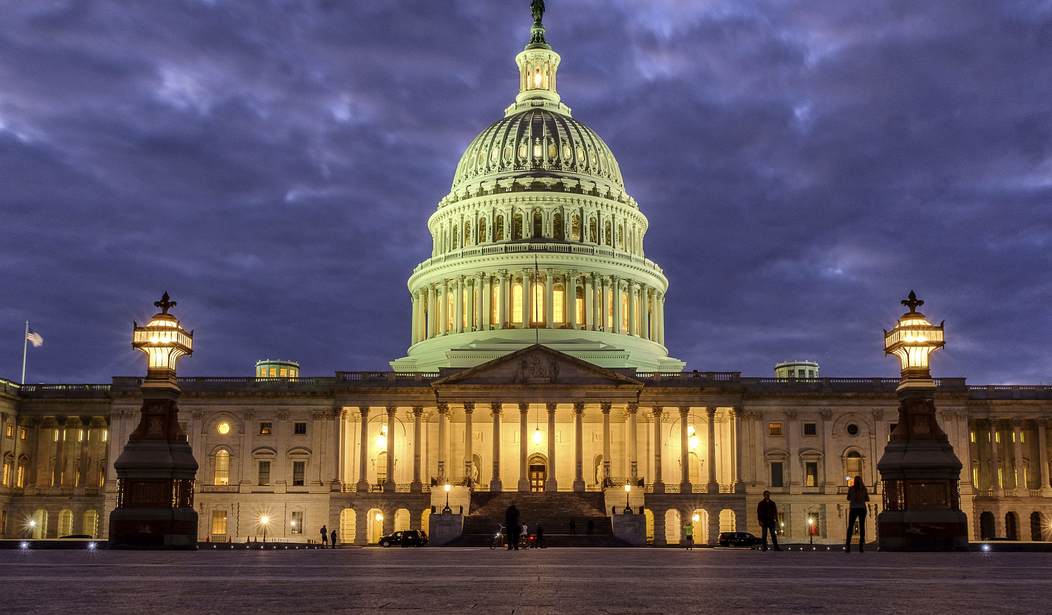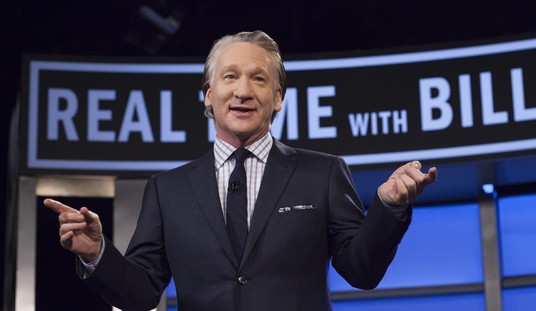Congressional Budget Office projections provide valuable insights into how a big chunk of your income is being spent and reveal the long-term consequences of our government's current fiscal policies -- you may endure them, and your children most certainly will. Yet, like most other projections looking into our future, these numbers should be taken with a grain of salt. So should claims that CBO projections validate anyone's fiscal track record.
So much can and likely will happen to make projections moot and our fiscal outlook much grimmer. Unforeseen events, economic changes and policy decisions render them less accurate over time. The CBO knows this and recently released alternative scenarios based on different sets of assumptions, and it doesn't look good. It remains a wonder that more politicians, now given a more realistic range of possibilities, aren't behaving like it.
First, let's recap what the situation looks like under the usual rosy growth, inflation and interest-rate assumptions. Due to continued overspending, this year's deficit will be at least $1.6 trillion, rising to $2.6 trillion by 2034. Debt held by the public equals roughly 99% of our economy (measured by gross domestic product) annually, heading to 116% in 2034.
The only reason these numbers won't be as high as projected last year is that a few House Republicans fought hard to impose some spending caps during the debt-ceiling debate. The long-term outlook is even scarier, with public debt reaching 166% of GDP in 30 years and all federal debt reaching 180%.
No one should be surprised. To be sure, the COVID-19 pandemic and the Great Recession made things worse, but we've been on this path for decades.
Unfortunately, if any of the assumptions underlying these projections change again, things will get a lot worse. That's where CBO's alternative paths help. Policymakers and the public can better see the potential risks and opportunities associated with various fiscal policy choices, enabling them to make more informed decisions.
Recommended
For instance, the CBO highlights that if the labor force grows annually by just 0.1 fewer percentage points than originally projected -- even if the unemployment rate stays the same -- slower economic growth will lead to a deficit $142 billion larger than baseline projections between 2025 and 2034. A similarly small slowdown in the productivity rate would lead to an added deficit of $304 billion over that period.
Back in 2020, the prevalent theory among those who claimed we shouldn't worry about debt was that interest rates were remarkably low and would stay low forever. As if. These guys have since learned what many of us have known for years: that interest rates can and will go up when the situation gets bad enough. So, what happens if rates continue to rise above and beyond those CBO used in its projections? Even a minuscule 0.1-point rise above the baseline would produce an additional $324 billion on the deficit over the 2025-2034 period.
The same is true with inflation, which, as every shopper can see, has yet to be defeated. If inflation, as I fear, doesn't go away as fast as predicted by CBO -- largely because debt accumulation is continuing unabated -- it will slow growth, increase interest rates and massively expand the deficit. To be precise, an increase in overall prices of just 0.1 points over the CBO baseline would result in higher interest rates and a deficit of $263 billion more than projected.
Now, imagine all these variations from the current projections happening simultaneously. It's a real possibility. The deficit hike would be enormous, which could then trigger even more inflation and higher interest rates. The question that remains is: Why aren't politicians on both sides more worried than they seem to be?
What needs to happen before they finally decide to treat our fiscal situation as a real threat? President Joe Biden doesn't want to tackle the debt issue. In fact, he's actively adding to the debt with student loan forgiveness, subsidies to big businesses and other nonsense. Meanwhile, some Republicans pay lip service to our financial crisis, but few are willing to tackle the real problem of entitlement spending.
The time for political posturing is over. The longer we wait to address these issues, the more severe the consequences will be for future generations. It's time for our leaders to prioritize the nation's long-term economic health over short-term political gains and take bold steps toward fiscal responsibility. Only then can we hope to secure a stable and prosperous future for all Americans.























Join the conversation as a VIP Member